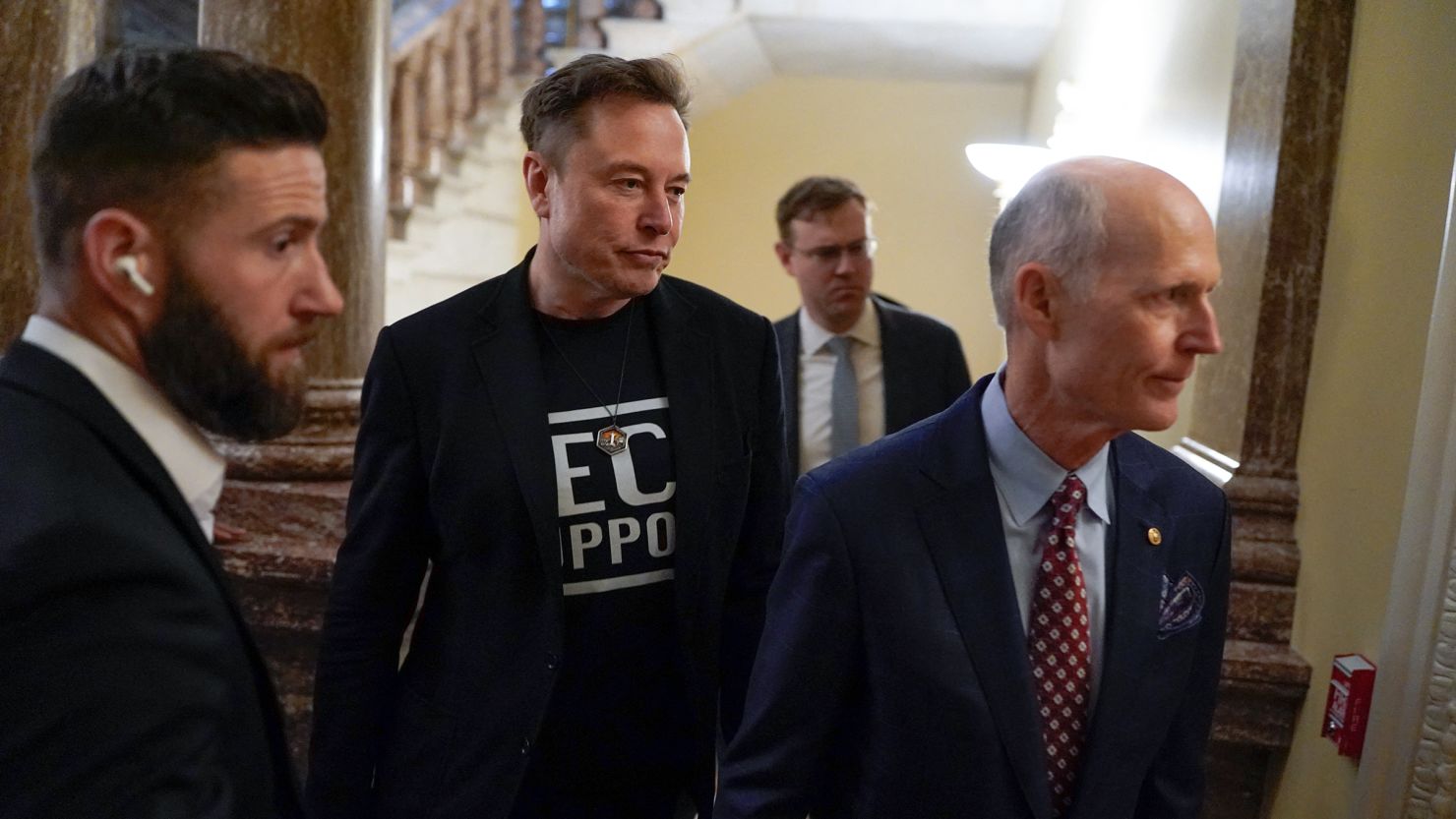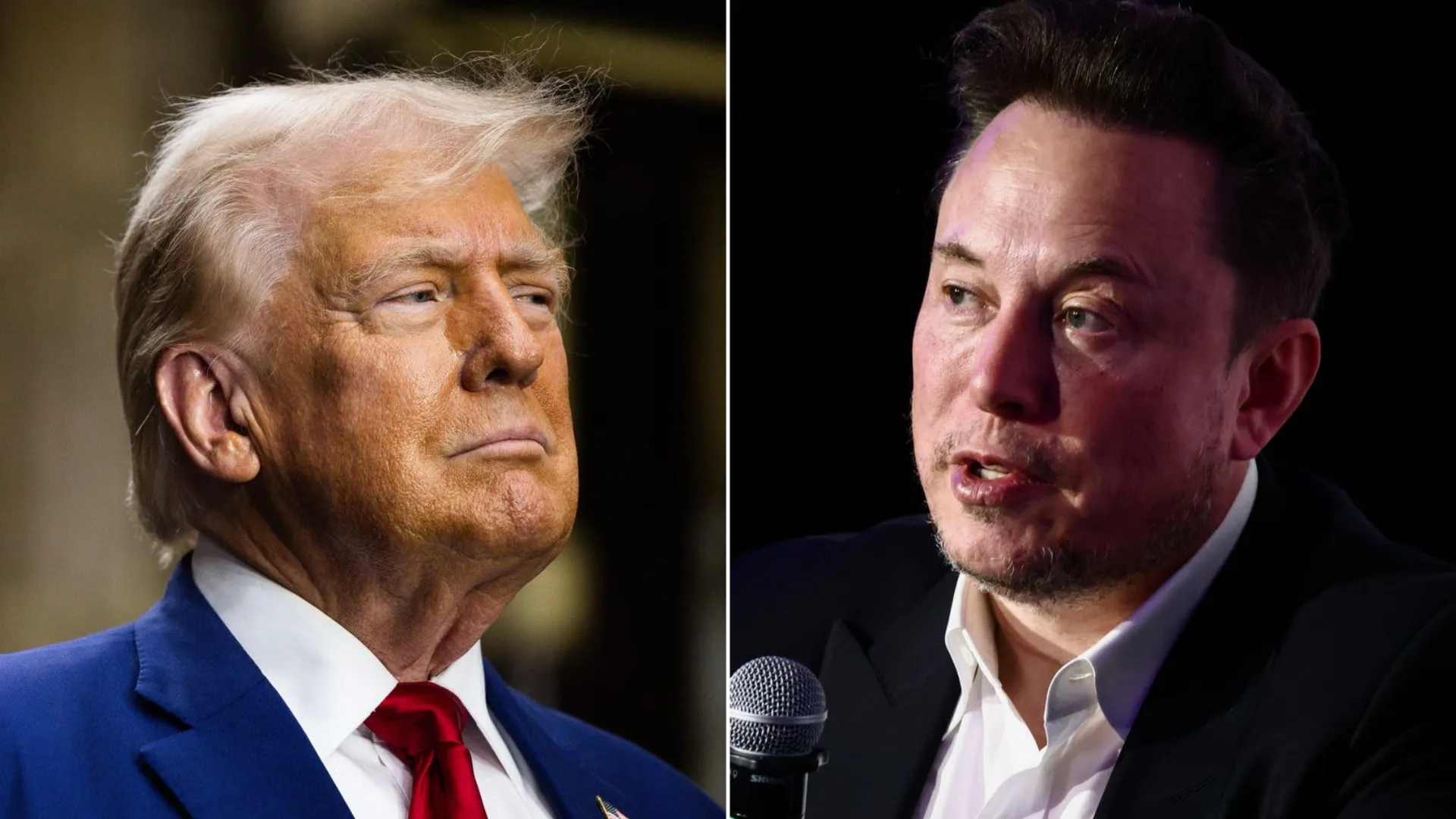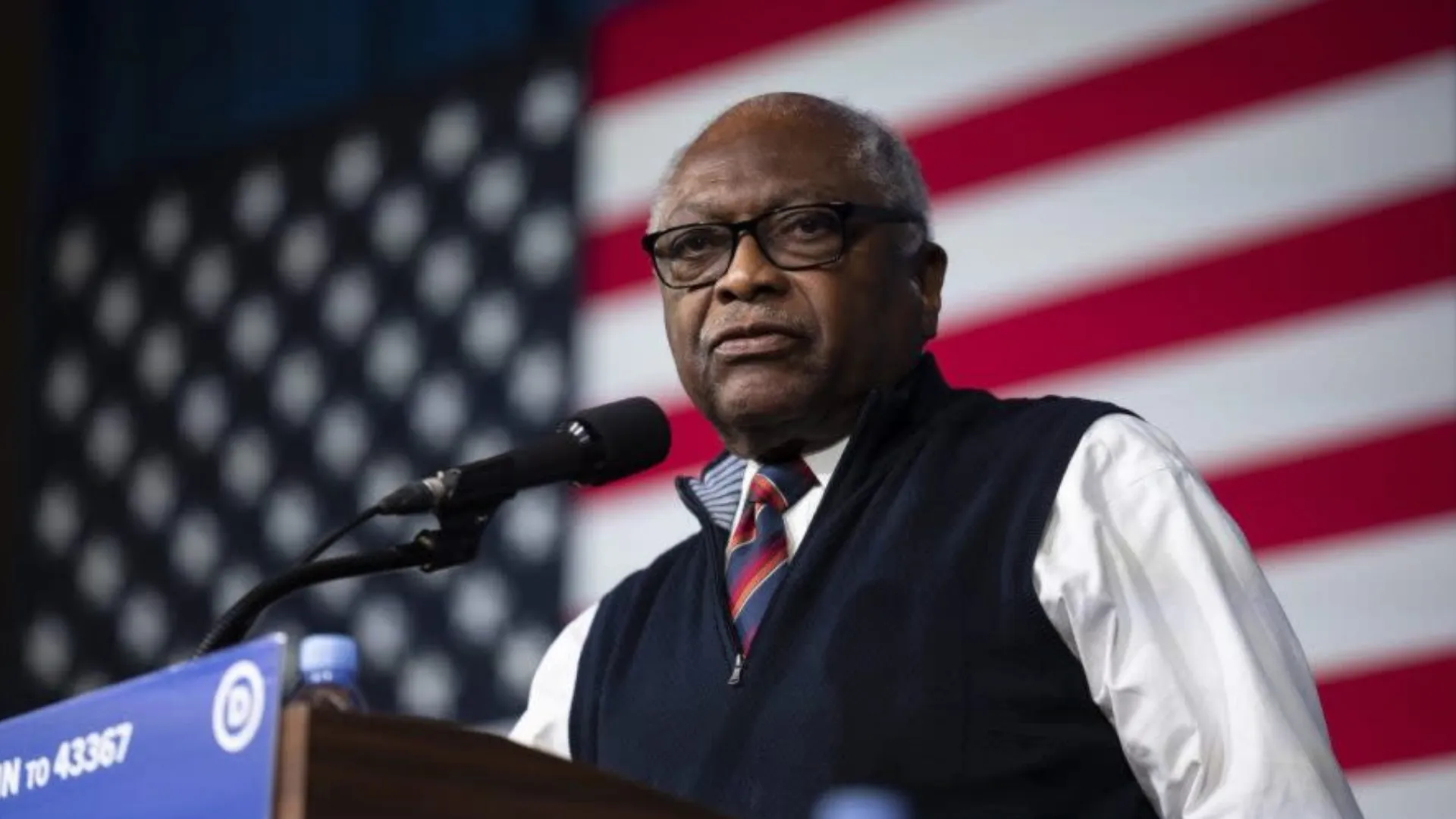In a political twist that few might have predicted, Elon Musk — one of the most polarizing figures in American business and technology — appears to be strengthening the Democratic Party’s electoral prospects, particularly in closely contested states.
What began as a high-profile endorsement in a critical Wisconsin Supreme Court race has turned into a cautionary tale about the risks of celebrity influence and political overreach.
Musk’s entry into the political spotlight during Wisconsin’s recent judicial election, through a hefty $20 million campaign intervention on behalf of Republican-backed candidate Brad Schimel, became more than a mere show of support.
It triggered a widespread voter backlash that helped propel Democratic-aligned Susan Crawford to a 10-point victory — in a state where Donald Trump won by less than 1% in 2020.
The unexpected outcome of this off-cycle election suggests that Musk, far from being a GOP asset, may have inadvertently become a political liability. Data from Blueprint, a Democratic-aligned polling initiative, indicates that Musk’s national unpopularity — particularly among independents — played a substantial role in swinging the election.
Once hailed as a visionary tech CEO, Elon Musk has in recent years morphed into a controversial political figure. His leadership of the satirical but semi-serious Department of Government Efficiency (DOGE) under Trump’s second-term shadow administration, his erratic behavior on social media, and his entanglements in everything from cryptocurrency to national policy have made him a lightning rod.
In Wisconsin, Musk’s involvement didn’t simply make headlines — it reshaped the race’s dynamics. Instead of a standard judicial contest, the election turned into a referendum on Musk himself.
Blueprint’s post-election polling found that 65% of voters disapproved of Musk’s choice to get involved in the race, including about 70% of independents.
Among Wisconsin voters overall, disapproval of Musk’s leadership at DOGE outpaced approval by 19 percentage points (57% to 38%). For independents, the numbers were even starker: 61% disapproved, while just 31% approved.
Even among Republican voters, Musk’s support was far from a unifying force. One in five GOP voters disapproved of the way Musk was handling his federal duties.
Musk’s headline-grabbing moment in the race came at a Schimel rally just days before the election. There, he performed what some called a “check stunt,” distributing campaign donations in a legally questionable fashion, while donning a cheese hat and throwing autographed memorabilia into the crowd.
Rather than energizing voters, the event drew sharp criticism. According to Blueprint’s polling, 69% of Wisconsin voters disapproved of the campaign tactic, including 71% of independents. Nearly half of Republicans — 45% — also disapproved, underscoring the stunt’s broad unpopularity.
It wasn’t just Musk’s presence that alienated voters — it was his antics. What may have been intended as a humorous, populist gesture was widely perceived as tone-deaf and inappropriate, especially for a judicial race.
Rather than bolstering Schimel’s candidacy, Musk’s endorsement appears to have driven voters away. Blueprint’s survey found that 30% of voters were less likely to support Schimel because of Musk’s endorsement, compared to only 5% who said it made them more likely.
Among independents, the damage was even worse: 33% were less likely to support Schimel, and just 4% were more likely — a net negative impact of 29 points. These are the kinds of numbers that decide tight races in purple states.
Musk also failed to energize the Republican base. According to the poll, 83% of GOP voters said Musk had no impact on their vote, and only 5% of Schimel voters said supporting Musk was a reason behind their decision.
Meanwhile, Musk’s unpopularity seemed to lift Crawford. Nearly 30% of all voters — and the same percentage of independents — said Musk’s opposition to Crawford made them more likely to vote for her.
Among Crawford supporters, 22% cited opposition to Musk and DOGE as a key reason for their vote, including 26% of independents.
The Wisconsin election is the first major test of a broader Democratic strategy: to nationalize Musk’s influence, link him to Republican candidates, and capitalize on his growing unpopularity.
According to previous Blueprint data, Musk’s approval ratings consistently trail Trump’s by about 10 points nationwide, including among independents — making him a political drag even in conservative-leaning areas.
Only 38% of American voters approve of Trump giving Musk a formal role in his administration, while 56% disapprove. Among independents, that gap widens to a staggering minus-28 points.
In short, Musk has become a foil for Democrats — an unlikely but effective antagonist.
Importantly, Blueprint polling suggests that not all anti-Musk messaging is equally effective. Attacks that focus on his threat to popular government programs, his association with Trump, and his public policy overreach tend to resonate more than personal or conspiratorial attacks.
In Wisconsin, Democrats executed this messaging strategy with precision. They painted Musk not just as eccentric or egotistical, but as emblematic of a broader Republican agenda that prioritizes billionaires and chaos over working families and governance.
Whether intentional or not, the Republican Party is increasingly tied to Musk. Trump has not only elevated him politically but has given him what appears to be an informal but powerful voice in shaping GOP economic messaging.
The perception that Musk serves as a kind of “shadow cabinet member” — especially through his social media ventures and frequent public statements — is becoming increasingly difficult for Republicans to shake.
Democrats, recognizing this dynamic, are already leaning in. They are framing Musk, Trump, and the broader Republican apparatus as inseparable — part of a political machine that rewards wealth, disrupts governance, and alienates moderate voters.
The verdict from Wisconsin seems clear: the closer Musk is to the center of a campaign, the worse Republicans perform.
The Wisconsin outcome is more than a fluke — it is a data-driven example of what happens when political branding becomes too tightly associated with an unpopular figure. It offers Democrats a new foil and Republicans a new vulnerability.
While Musk’s goal may have been to assert influence and flex political power, the result has been increased Democratic enthusiasm and a clear strategy for turning his involvement into electoral fuel.
As Democrats look ahead to 2024 and beyond, the Wisconsin race may serve as a blueprint — quite literally — for how to engage in swing state battles: nationalize unpopular figures, localize the backlash, and keep the message simple.
Meanwhile, Republicans may face a tougher decision: whether to keep Musk close, or quietly step away before he turns more purple districts blue.







